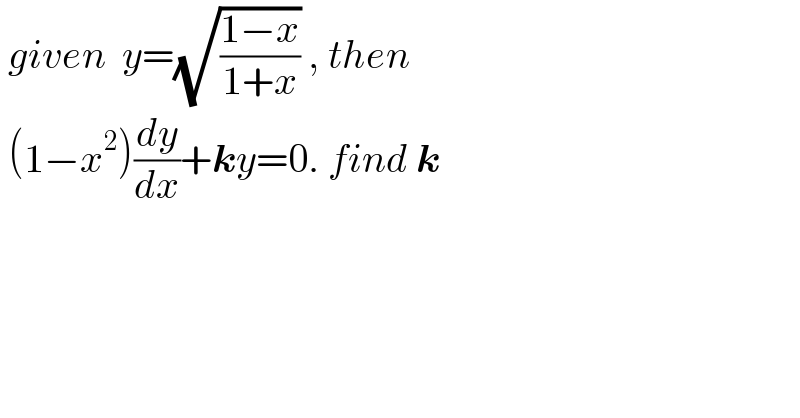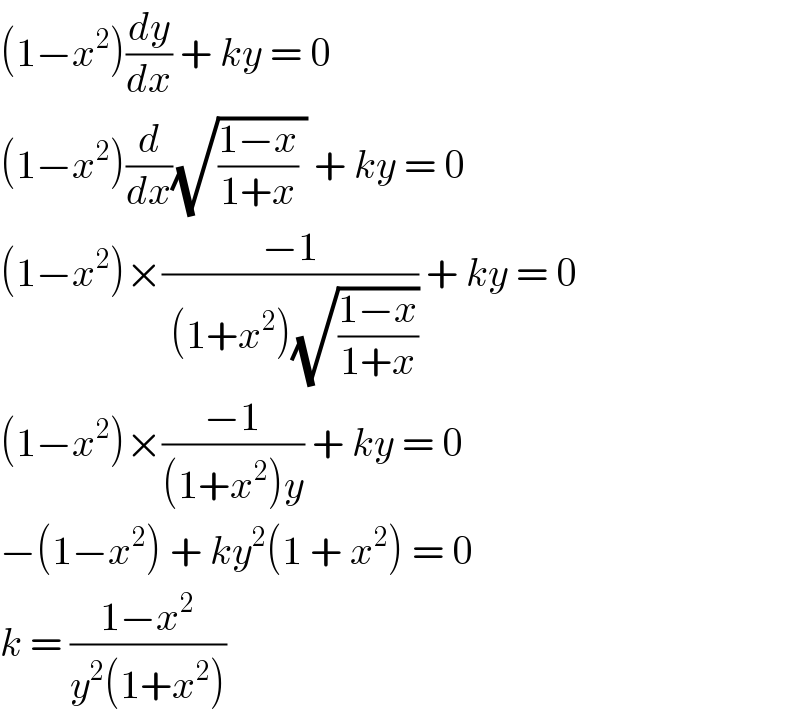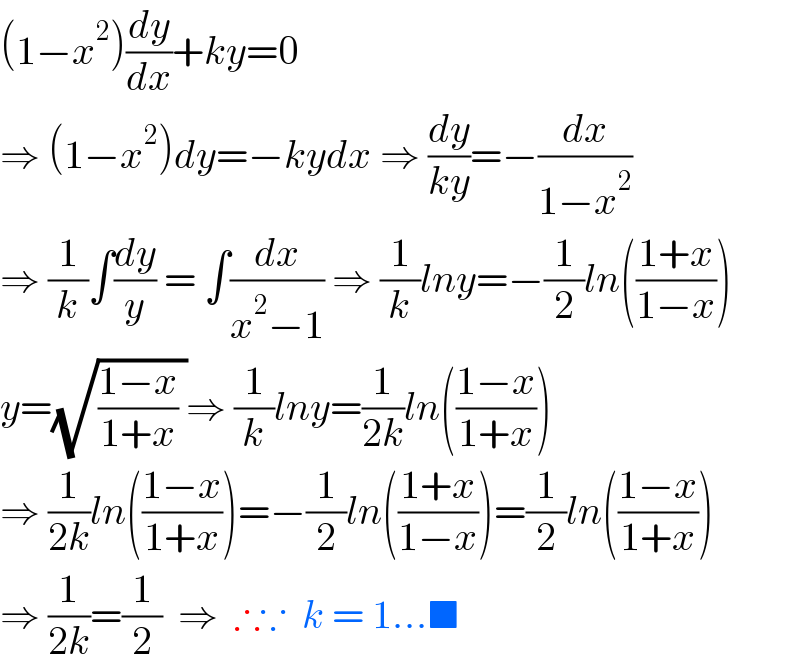
Question and Answers Forum
Question Number 155983 by MathsFan last updated on 06/Oct/21

Commented by cortano last updated on 06/Oct/21

Commented by yeti123 last updated on 07/Oct/21

Answered by puissant last updated on 06/Oct/21

Commented by MathsFan last updated on 07/Oct/21

Commented by puissant last updated on 07/Oct/21

Commented by MathsFan last updated on 07/Oct/21

